The African Union Development Agency (AUDA-NEPAD) has unveiled the draft African EdTech 2030 vision, plan and policy framework for consultation and stakeholders’ input.
The new vision, unveiled during the ‘STEMtastic Adventures’, sets out a roadmap to transform the African education system through technology, while positioning the continent as a global leader in mobile-first, locally-relevant digital learning.
In line with Agenda 2063 and the AU Digital Transformation Strategy, the vision envisaged a pan-African EdTech transformation grounded in continental leadership and local innovation.
The Programme Officer, Integrated Vector Management Programme (IVM), AUDA-NEPAD, Dr Barbara Glover, said the policy framework is to catalyse an accelerated transformation in education for the continent, leveraging local innovation and leadership in Edtech to make Africa’s education system more inclusive, resilient and innovation-driven.
The framework is to coordinate continental efforts by aligning policies and standards that enable open, vendor-neutral technologies; investing in digital infrastructure and platforms that scale affordably; strengthening educator and leadership capacity in digital pedagogy; encouraging local innovation through incubation, financing and partnerships; and using data-driven monitoring and governance to continually improve equity and outcomes.
With Africa’s youthful population-over 60 per cent under age 25-projected to reach 2.5 billion by 2050, quality education becomes critical for sustained growth.
However, an estimated 30 million primary-age children in the region remain out of school, while an additional 17 million teachers are needed by 2030 to maintain universal access. Glover noted that the framework capitalises on Africa’s unique position to bypass traditional educational infrastructure constraints.
“Just as mobile money succeeded in Africa before other regions due to limited traditional banking infrastructure, digital education can surpass conventional classroom-based systems because the continent isn’t constrained by legacy educational infrastructure,” Glover stated.
“Schools can harness offline and mobile-first technologies to reach marginalised learners,” noted framework developers, highlighting how solutions designed for intermittent connectivity and basic smartphones can be exported globally to serve similar conditions worldwide.
With smartphone ownership among teachers exceeding 90 percent in South Africa and ranging between 30 and 65 per cent in Ghana, Nigeria, and Kenya, stakeholders noted that Africa possesses foundations for mobile-first educational interventions that other continents are still developing.
While highlighting the urgency of coordinated continental action, John Kimotho, said it is time for a Pan-African EdTech transformation that turns connectivity and content investments into improved learning, inclusion, and economic opportunity for every learner.
Kimotho noted that through coordinated policy, local innovation, and equitable infrastructure, Africa can leapfrog legacy education barriers and build a globally competitive digital learning ecosystem.
Stakeholders clarified that AUDA-NEPAD’s mission is to coordinate continental efforts by aligning policies and standards that enable open, vendor-neutral technologies; investing in digital infrastructure and platforms that scale affordably; strengthening educator and leadership capacity in digital pedagogy; encouraging local innovation through incubation, financing and partnerships; and using data-driven monitoring and governance to continually improve equity and outcomes.
Share this post
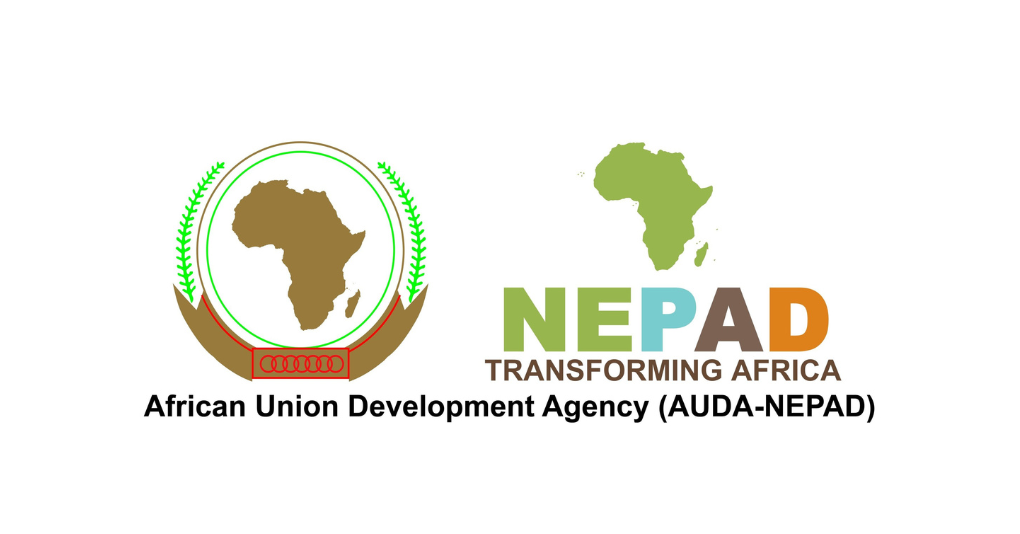
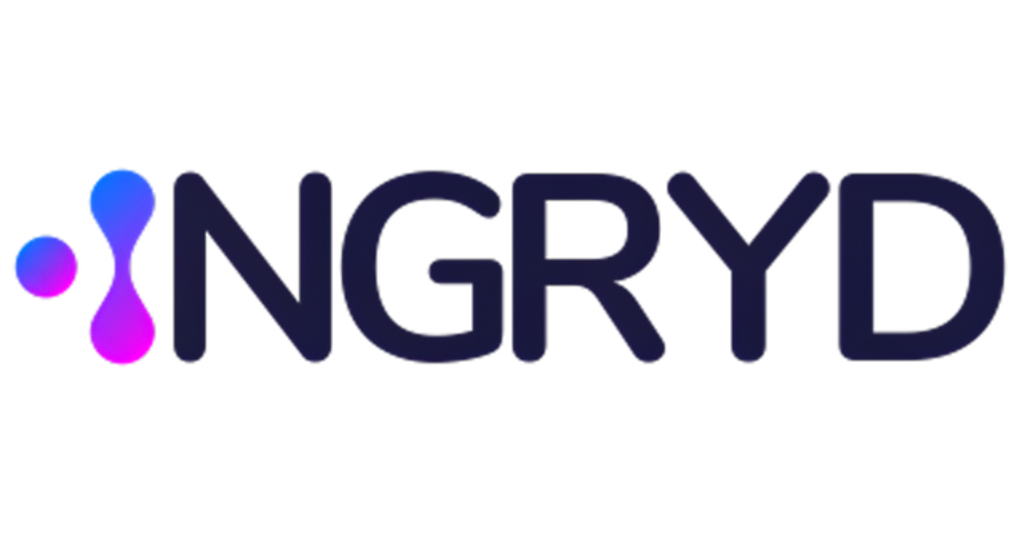
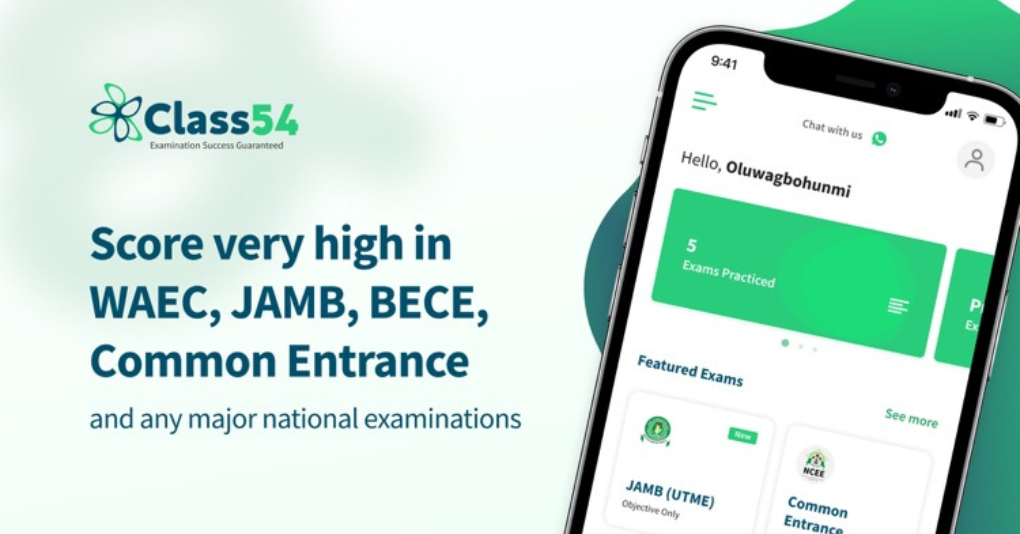
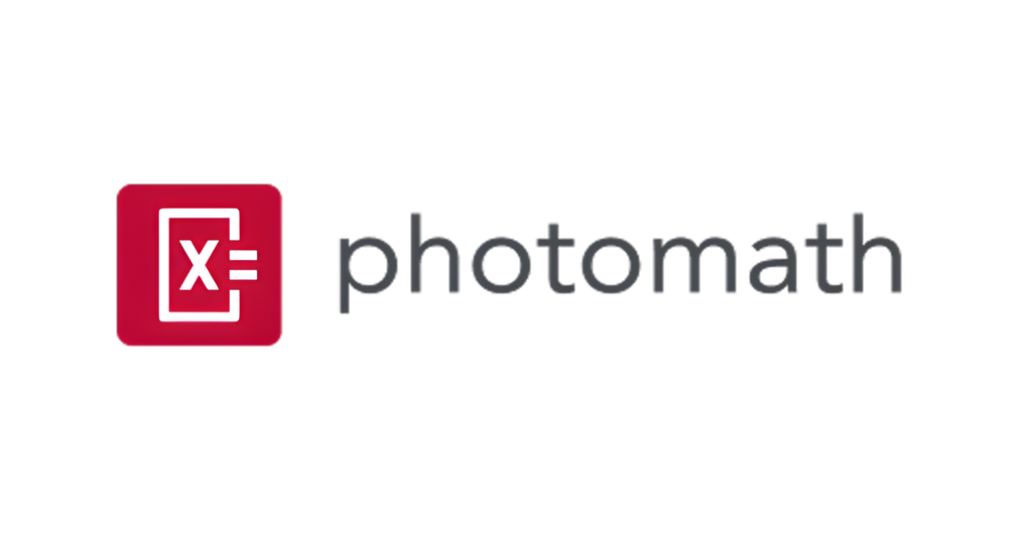
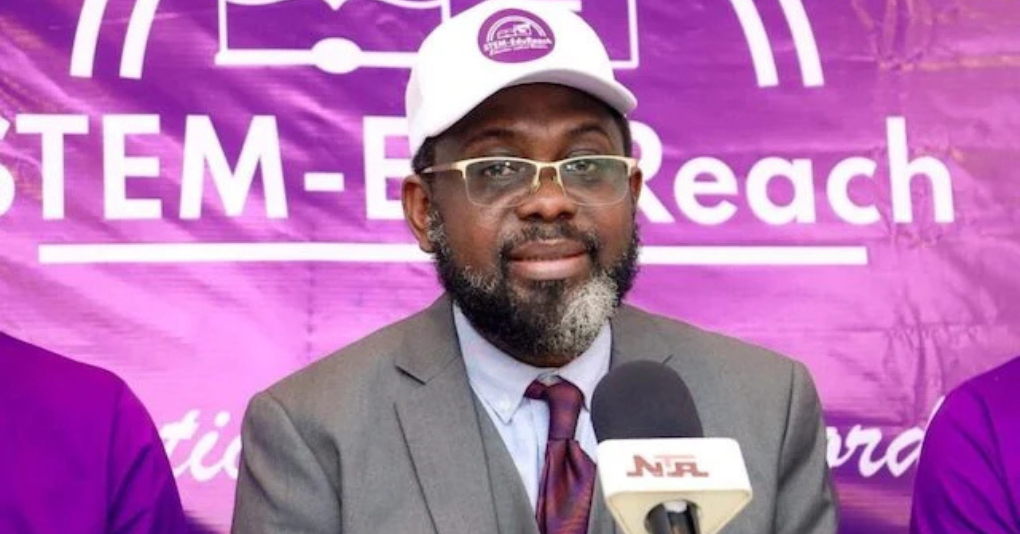
Be the first to comment on this post